Madison Drafted the Constitution and Bill of Rights
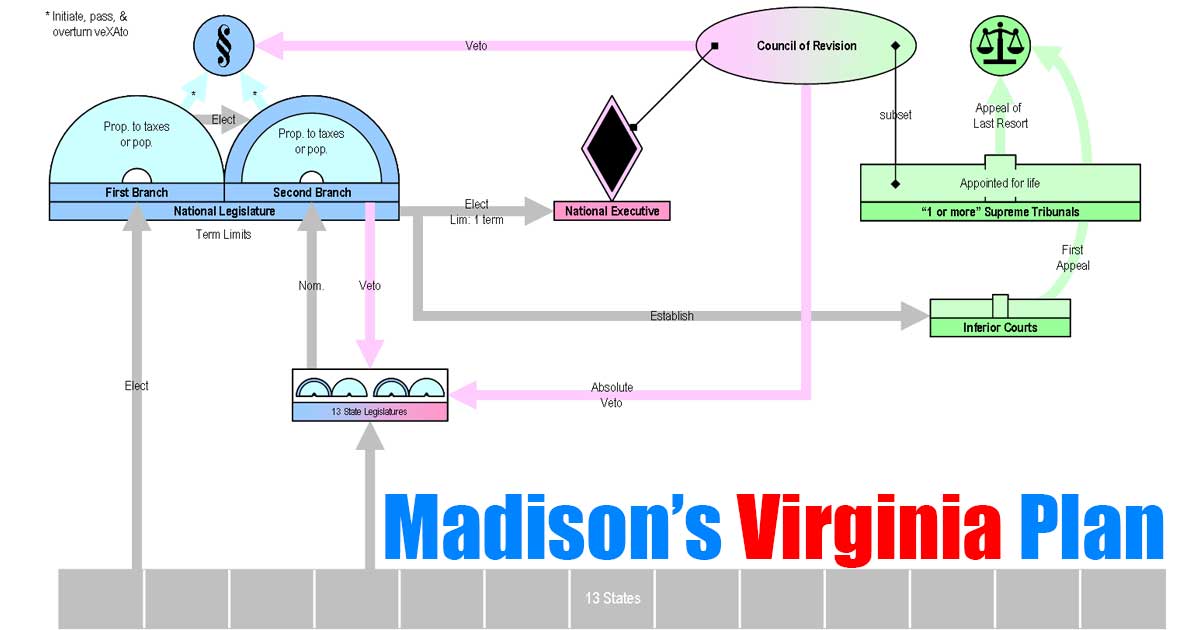
Madison drafted both the Constitution and the Bill of Rights, but he wasn’t the sole author of either, both were debated and approved by committees.
Philosophical theories are theories that are philosophical, rather than purely scientific by nature. Meanwhile, philosophical concepts can be loosely describes as ideas or “concepts” that are philosophical in nature.
Generally, a concept is a single idea, a theory is an explanation of how something works, and philosophy is simply the study of that which we can’t know for sure (see the branches of philosophy.).
So then, for our purposes, philosophical theories and concepts is simply a broad category that contains all non-scientific theories worth discussing.
TIP: For a great explainer on the basics of Philosophy see Tamar Gendler: An Introduction to the Philosophy of Politics and Economics by Big Think.
NOTE: Some scientific theories that spark metaphysical philosophical questions are categorized here (as well as under their respective scientific fields). Learn more about scientific theories.

Madison drafted both the Constitution and the Bill of Rights, but he wasn’t the sole author of either, both were debated and approved by committees.
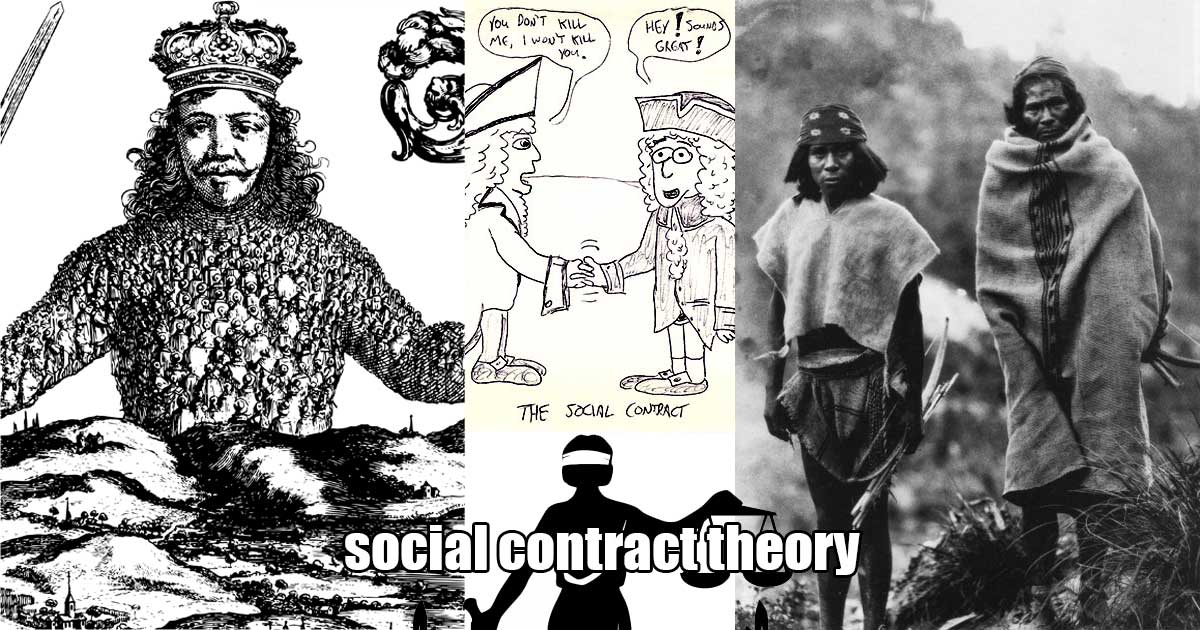
Social Contract Theory is the theory of why people form governments based on how people lived in a State of Nature before government.
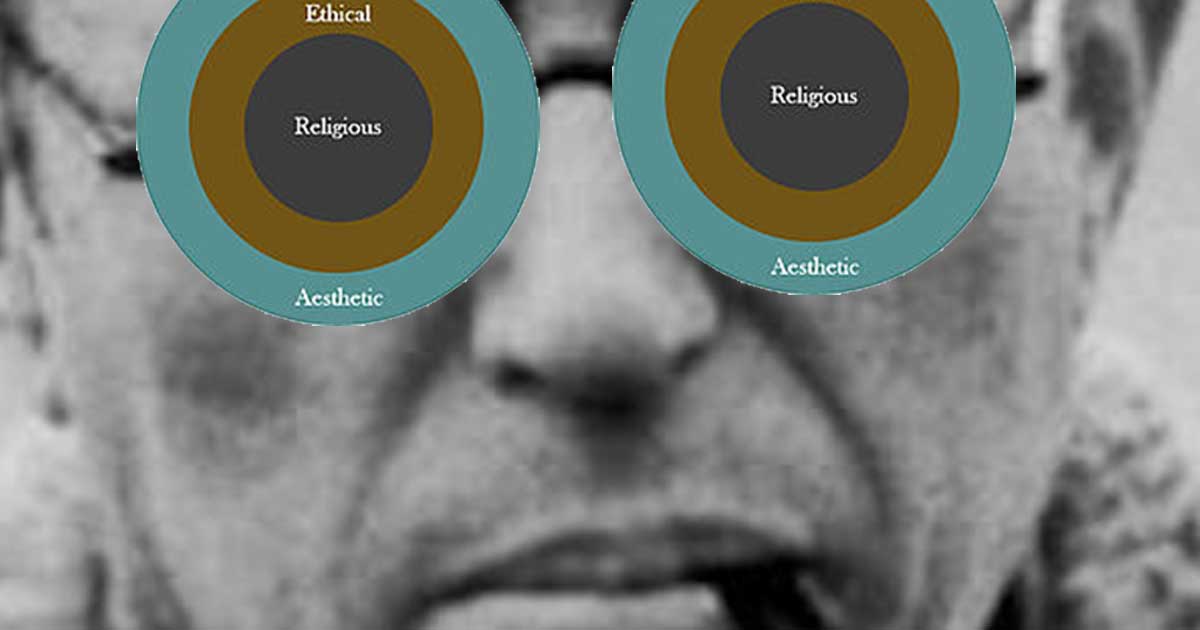
Essentialism is the idea that everything has an essence (something that “makes it, it”). Existentialism says there is no essence (no intrinsic meaning that can be confirmed by the senses or reason).
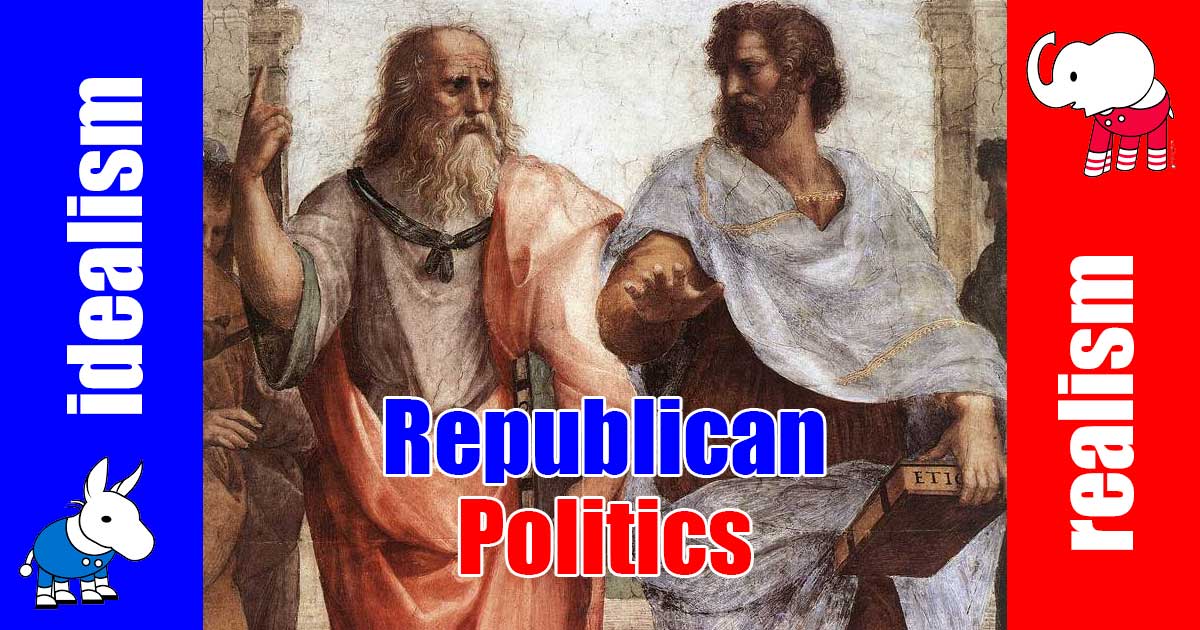
Plato can be understood as the father of rationalism and political philosophy (political idealism), and Aristotle, his student, the father of empiricism and political science (political realism).
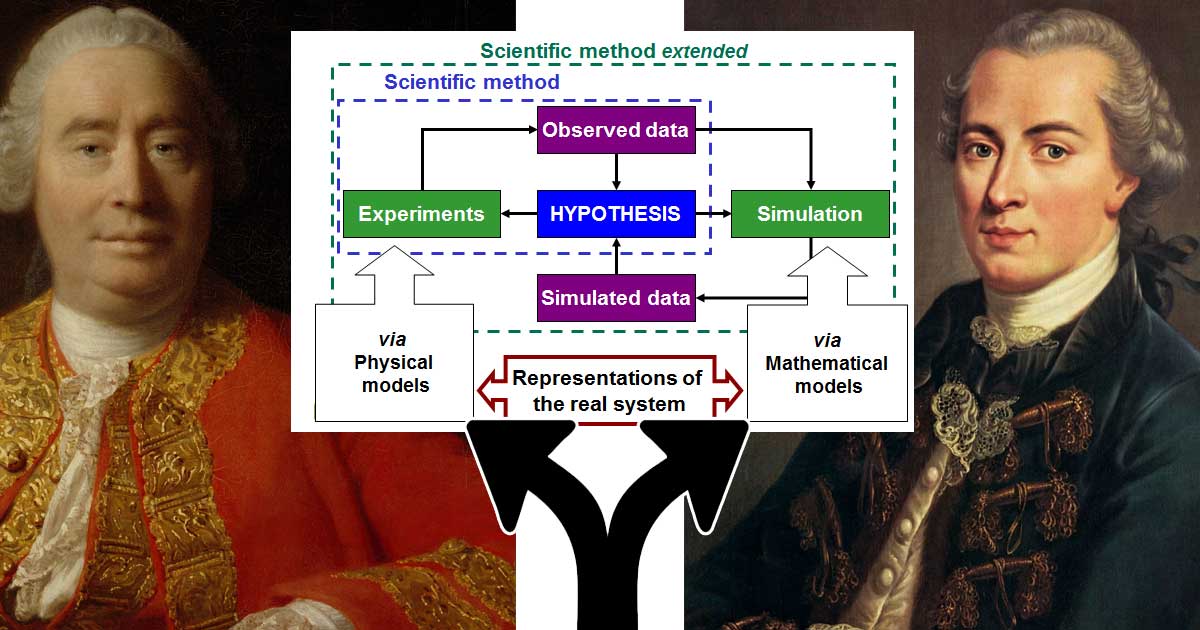
“Hume’s fork” describes how we refer to Kant’s critique of Hume, who separated knowledge into two types: facts based on ideas and facts based on experience.
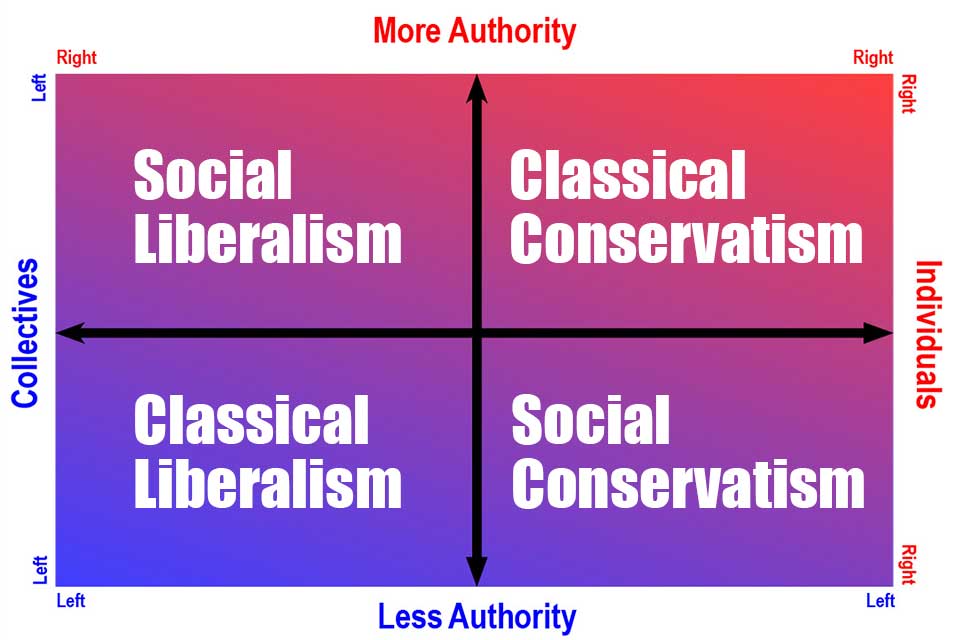
We explain liberalism and conservatism, including the different social and classical types of liberalism and conservatism.

Game theory involves games, but it isn’t the study of games. It is the study of mathematical models of conflict and cooperation regarding decision making.

Political realism is dealing with politics as they are in reality, political idealism is dealing with politics as an ideal.

Many (including Rousseau) consider Machiavelli’s The Prince to be satire, expressing a preference for a free republic over a hereditary principality.
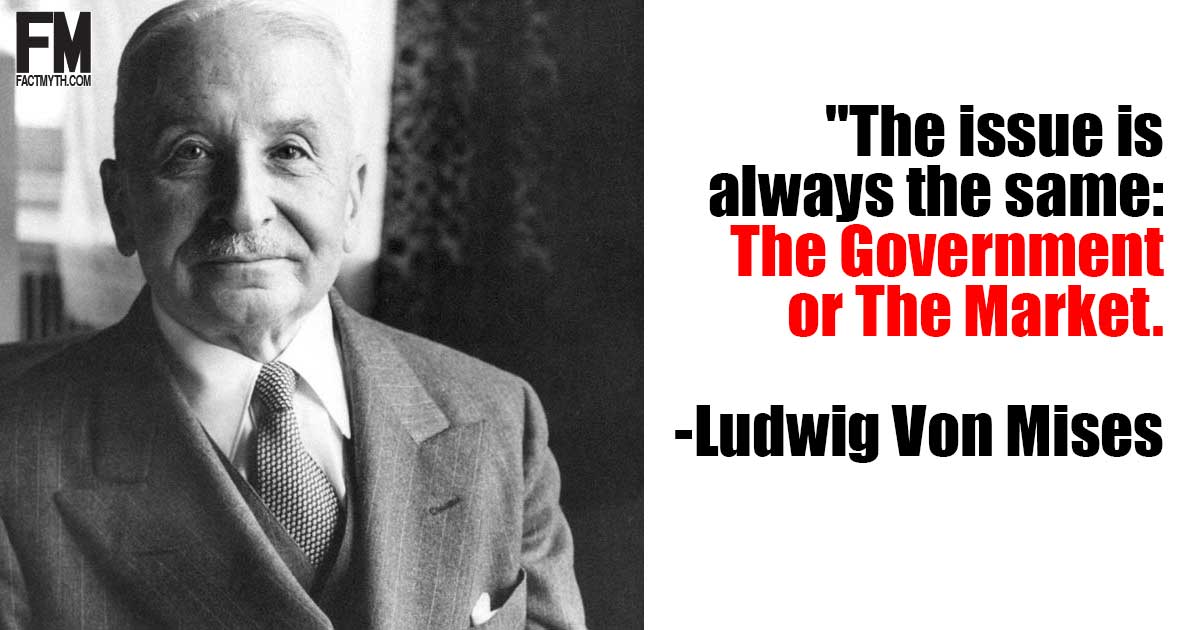
For a given market, the choice always boils down to state intervention vs. the free-market, there is no third option (unless you count mixed-markets).